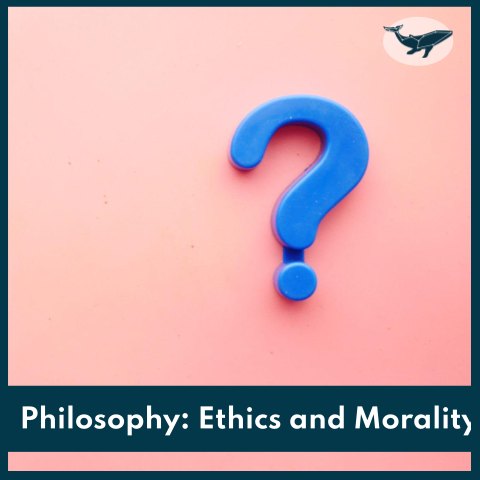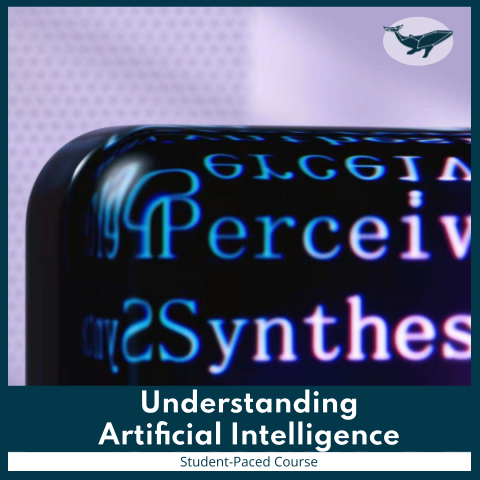Is it right for a healthy person to be involuntarily sacrificed to save five sick people? Our intuition may say that it is wrong, but why? This course aims to explore controversial questions like this one by examining the three “big traditions” in Western ethical thought: deontology (morality based on rules), consequentialism (morality based on the outcomes of our actions), and virtue ethics (morality based on the types of people we take ourselves to be). Along the way, we will consider related questions about morality and ethics, such as whether a belief in God is necessary to have moral truths. We will also consider how debates about ethics have entered into our daily lives, both in terms of globally compelling issues (the ethics of vaccine distribution, for example) and in popular culture.
Completion of this course requires regular access to a laptop or desktop computer with working microphone and webcam, as well as a reliable internet connection.
This Fixed-Paced course incorporates a blend of synchronous and asynchronous elements. Students and teacher meet live via zoom on a regular weekly schedule. In addition, students complete coursework including guided readings, interactive videos, text and video-based discussion threads, problem sets, individual and collaborative projects, and so on. While these activities are time-flexible, teachers sequence them with weekly deadlines to help students keep on track and encourage and support the development of productive time management skills.
| Term | |
|---|---|
| Subject Area | |
| Division | |
| Credit Type | Upper |
| Do you attend a CLI partner school? | Yes, No |
| Format | Fixed-Pace Course |





